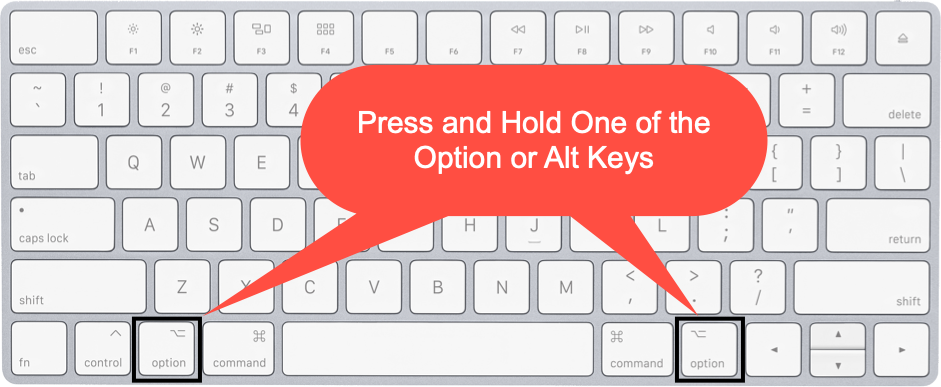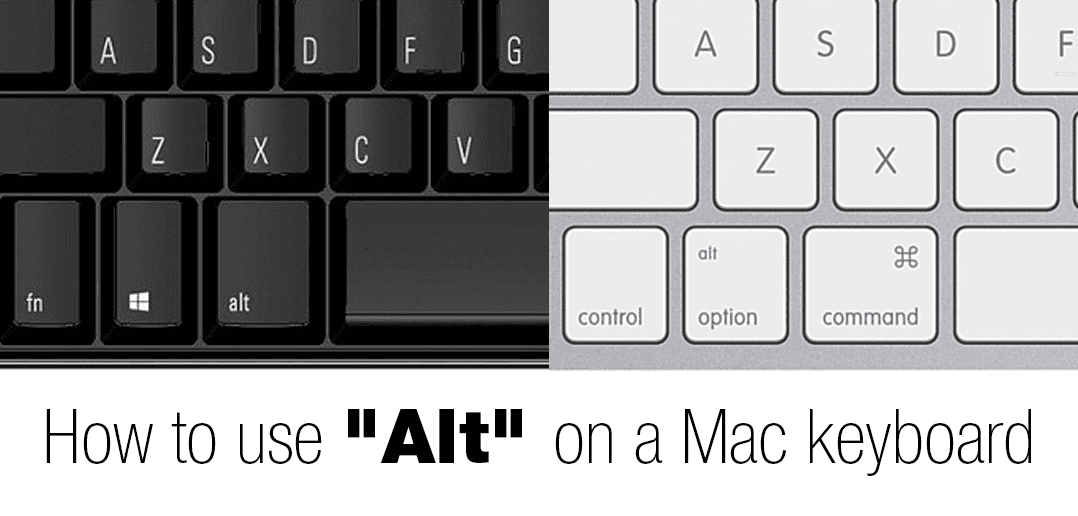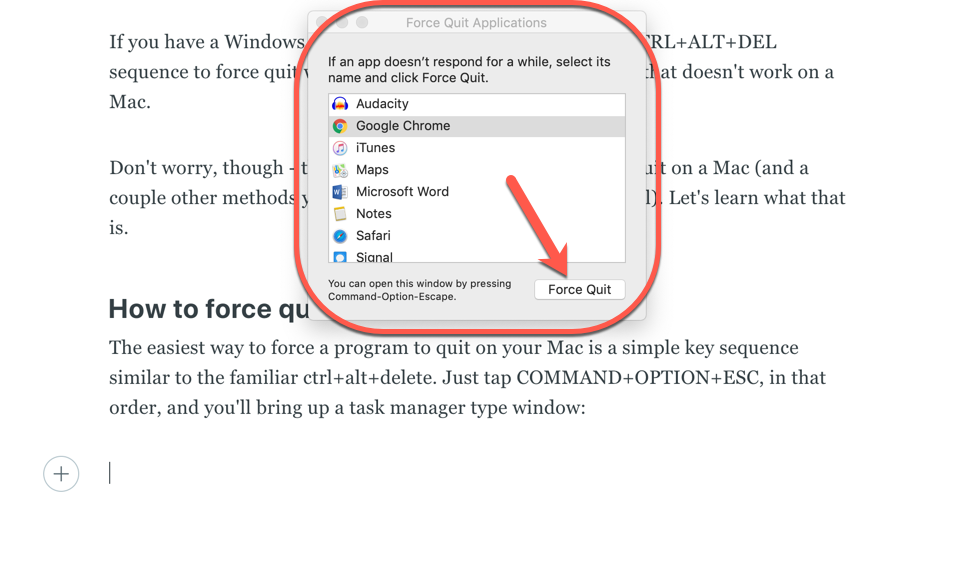

- #Where is the control al keys on mac keyboard how to#
- #Where is the control al keys on mac keyboard mac os#
- #Where is the control al keys on mac keyboard Pc#
Work with references, citations, and indexing Get these keyboard shortcuts in a Word document at this link: Word 2016 for Windows keyboard shortcuts. For more information about the features available in Word Starter, see Word Starter feature support. If you are using Microsoft Word Starter, be aware that not all the features listed for Word are supported in Word Starter. If an action that you use often does not have a shortcut key, you can record a macro to create one. Press Ctrl+F, and then type your search words. The Option key functions as Alt and the Command key functions as the Windows key.To quickly find a shortcut in this article, you can use Search. When running Windows on your Mac via Boot Camp, the keyboard mappings are changed so they make more sense in Windows. RELATED: Map Any Key to Any Key on Windows 10, 8, 7, or Vista You can also set the Caps Lock key to “No Action” here, effectively disabling the Caps Lock key on your Mac. If you’d like to change which key does what, you can customize this by clicking the Apple menu, opening System Preferences, selecting the Keyboard icon, and clicking Modifier Keys. Aside from ⌘ representing Command and ⌥ representing Option, ^ represents Control while ⇧ represents the Shift key.
#Where is the control al keys on mac keyboard mac os#
To perform the keyboard shortcuts shown throughout Mac OS X, you’ll need to know the symbols.

#Where is the control al keys on mac keyboard how to#
RELATED: How to Disable Caps Lock in macOS if you’re not used to a Mac’s keyboard, these symbols may look like hieroglyphics - but they’re really saying you should press Option+Command+Escape to open the dialog where you can force-quit applications. Unlike for the Command key, we don’t have any history that indicates why this symbol was chosen.įor example, when you click the Apple menu you’ll see the keyboard shortcut assigned to Force Quit. This symbol is used throughout the Mac’s menus to indicate when you can press the Option key, the same way the Command key’s symbol is. Like other modifier keys, it’s also used as part of some keyboard shortcuts. For example, pressing Option+4 with the US keyboard layout will produce ¢, the cent sign which normally doesn’t appear on your keyboard. Holding it and pressing another key allows you to type a special character that doesn’t normally appear on the keyboard.
#Where is the control al keys on mac keyboard Pc#
The Option key functions similarly to the AltGr key on many PC keyboards, which explains why it also has “Alt” printed on it. The Control (Ctrl) key is also present, but it isn’t used for as many things. In summary, on a Mac, you’ll probably be pressing the Command key to issue keyboard shortcuts. It’s an old symbol used in Nordic countries to indicate places of interest - in Sweden, it’s the official sign for a tourist attraction. A designer chose the ⌘ symbol to replace it.

The Command key originally had an Apple logo on it, but Steve Jobs thought displaying the Apple logo throughout the original Macintosh’s menu would be overusing the logo. This symbol appears throughout the Mac’s menus to indicate when you can press the Command key along with another key to issue a keyboard shortcut. For example, while you press Ctrl+C, Ctrl+X, and Ctrl+V to copy, cut, and paste on Windows, you press Command+C, Command+X, and Command+V to do the same on a Mac. It’s a modifier key you can press to issue keyboard shortcuts to applications. The Command key doesn’t do anything on its own.


 0 kommentar(er)
0 kommentar(er)
